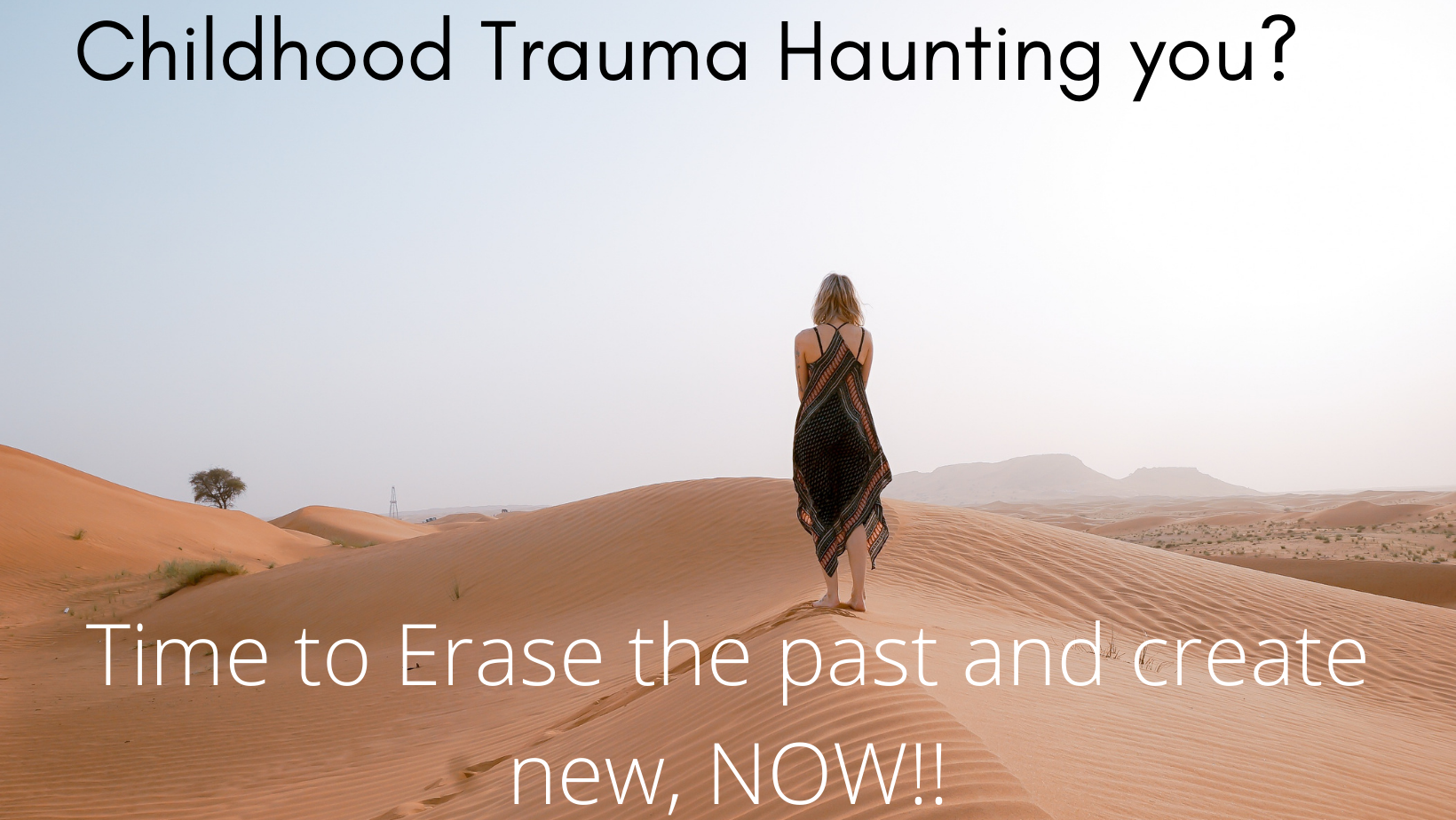Childhood is the foundation for our future relationships. It is where we learn how to interact with the world around us, where we learn about boundaries and behaviors, and where we form our beliefs and values.
Unfortunately, for some of us, childhood can also be a traumatic experience that shapes our adult relationships in unhealthy ways.
Growing up in a dysfunctional family can leave a child struggling to understand the boundaries and behaviors that others seem to take for granted. Mimicking the behaviors of primary and secondary caretakers during childhood and adolescence can shape our self-image, communication skills, and relationships. Without conscious effort to develop self-awareness and unlearn dysfunctional behaviors, we risk repeating the same patterns into adulthood.
For those who grew up in chaotic or unpredictable environments, the constant state of protective hypervigilance can lead to stress, anxiety, and a need for control in adulthood. The fear of being deserted or abandoned can manifest as jealousy, possessiveness, and emotional fears that our partners will leave us. Growing up in an environment where criticism is common can lead us to expect perfectionism and intolerance from our partners.
Children often have no choice but to make do with what they have, leading to a trauma response that carries over into adulthood. This can cause us to desire changes within our partners in order to calm our own fears of relationships. Without the skills to navigate and manage conflict in a healthy way, we may resort to avoiding conflict altogether or giving the silent treatment.
The effects of childhood trauma on our adult relationships are complex, but the good news is that we can change these patterns for the better. The first step is to acknowledge the need for change and commit to a process of deep introspection and growth. With the help of coaching and tools to unlearn dysfunctional behaviors, we can develop healthy and fulfilling relationships. It’s never too late to rewrite the script of our lives and create a better future for ourselves.

